
Notable Literary Deaths in 2018
A Last Goodbye to the Authors, Editors, and Book People We Lost This Year
This year, we were obliged to say goodbye to far too many literary luminaries, as well as a few pretty complicated figures. From the man who made the Strand into 18 miles of books to the woman who made speculative fiction what it is today to Philip Roth, who needs no descriptor. Here, at the end of a very complicated and very confusing year, we remember some of those great writers, editors, and literary advocates—with the sure knowledge that this tribute will not be their last.
 Brianne Sperber
Brianne Sperber
Fred Bass, January 3
The man who built NYC’s the Strand, turning a small bookstore into a national landmark (though not officially, please), literary destination, and the largest used-book store in the world, died the first week of the year at the age of 89. According to The New York Times, Bass was 13 when he started working at the Strand, then his father’s bookstore, and kept working there until 2017. “It’s a disease,” he told New York magazine in 1977, according to the Times. “I get an attack, something like a panic, of book-buying. I simply must keep fresh used books flowing over my shelves. And every day the clerks weed out the unsalable stuff from the shelves and bins and we throw it out. Tons of dead books go out nightly. And I bought ’em. But I just have to make room for fresh stock to keep the shelves lively.” If nothing else (and there’s a lot else), Bass has stoked the very same glorious disease in personal literary collections around the country. Read our interview with the Strand’s employees here.
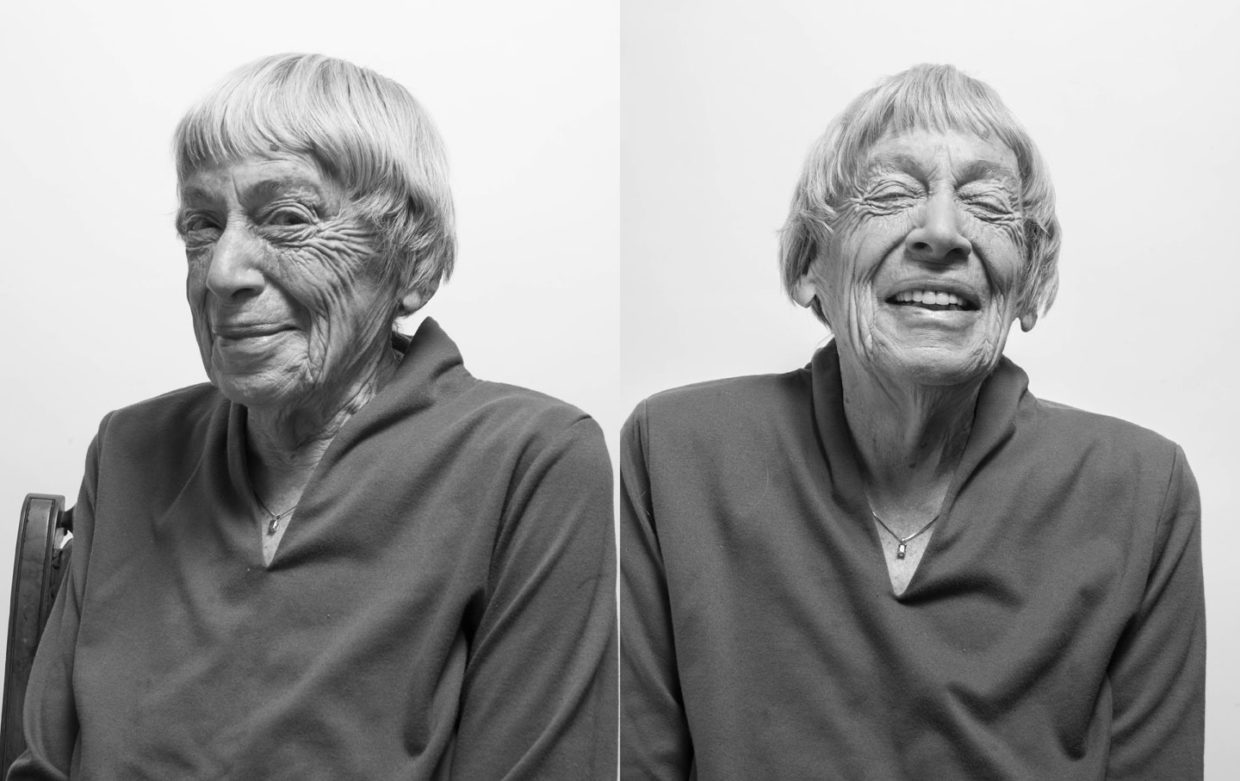 William Anthony
William Anthony
Ursula K. Le Guin, January 22
Oh, my heart. Legendary novelist and short fiction writer Ursula K. Le Guin died in January at her home in Portland, Oregon, at the age of 88. In her long career, Le Guin wrote a bit of everything: fiction, essays, books for young people, a craft manual, and ten volumes of poetry. She wrote fantasy, SF, realism—but mostly she operated in her own special brand, plucking what she liked from whatever category. She was a feminist, she was a Taoist scholar, she was a vast ocean. As she told the New York Times, “I don’t want to be reduced to being ‘the sci-fi writer.’ People are always trying to push me off the literary scene, and to hell with it.” Well, there’s little danger of that. Still, she is perhaps most famous for her early, genre-bending, speculative work: A Wizard of Earthsea and its sequels, The Left Hand of Darkness, The Lathe of Heaven , and The Dispossessed. Her most recent book, No Time to Spare, was published only the month before she died. If you want to model your own life after Le Guin’s (and who wouldn’t), start here.
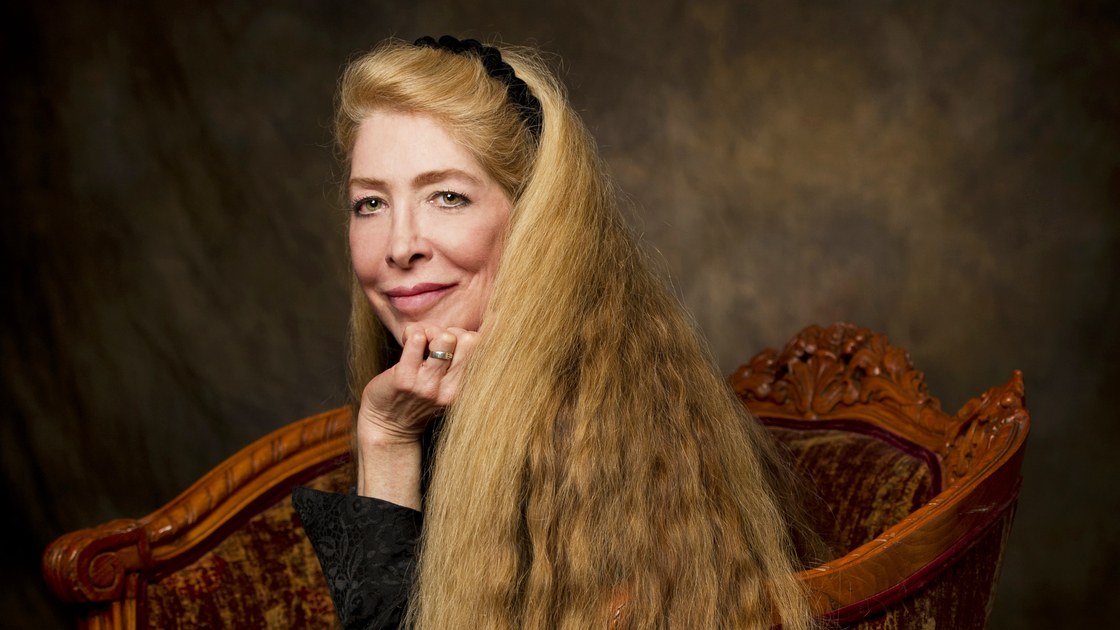 Karen Meyers
Karen Meyers
Lucie Brock-Broido, March 6
Oh, my heart, again. The original, brilliant, magic-haired poet Lucie Brock-Broido died in March at the age of 61. Her work is mythical and wild (or as she herself described it, “feral”), deeply felt and also richly embroidered. “I came to poetry because I felt I couldn’t live properly in the real world,” she told Guernica in 2013. “I was thirteen and in Algebra class. That was the day I decided I would be a poet for all time. I walked out of class and dropped out of school. That doesn’t mean I became a poet, but I did have this absolute severance with one period of my life where I felt I was being made to live in the world I was brought into—Straight-A student, The Most Perfect Little Girl—that I couldn’t inhabit anymore. And so I went to a place I felt I could inhabit which turned out to be, as we know about poetry, more hellish than the one I left!”
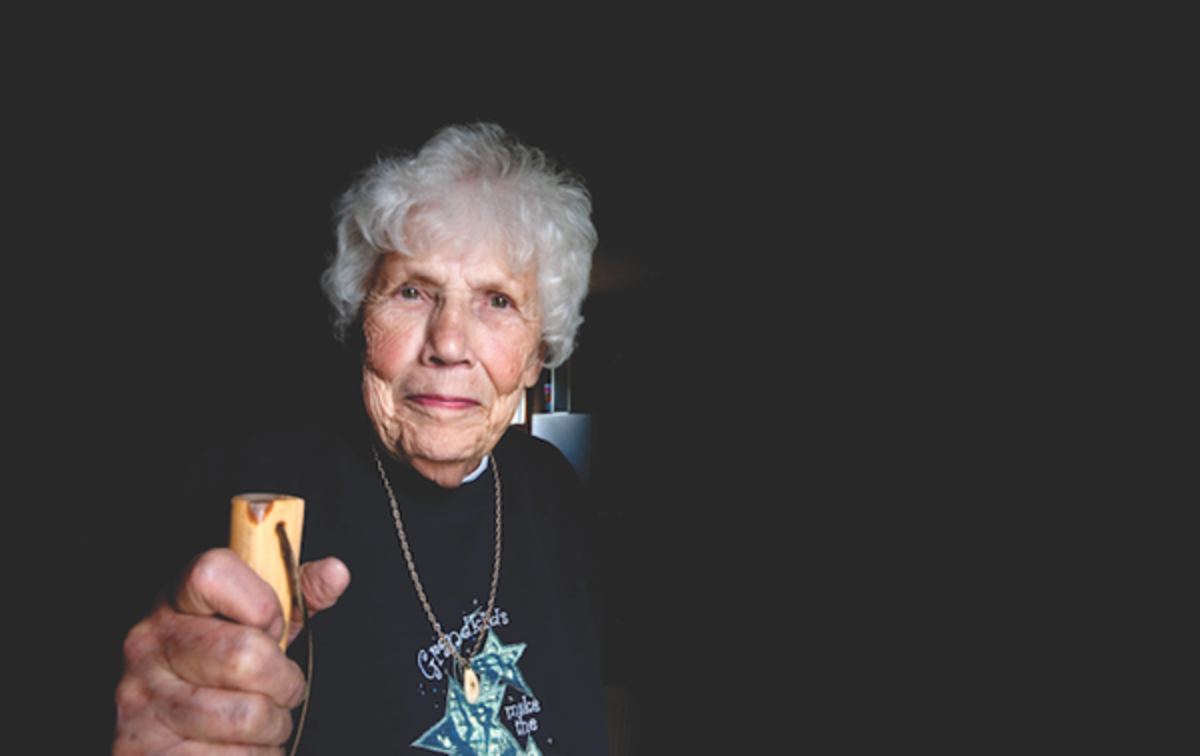 Jessica Brandi Lifland
Jessica Brandi Lifland
Elizabeth Ebert, March 20
The “Grand Dame of Cowboy Poetry” died in March at the triumphant old age of 93. According to the New York Times, she “wrote in secret for most of her life, often feeding her lines to the fire, and was already well into her 60s when her husband, Selmer Johannes Ebert, who went by S.J., persuaded her to perform at a cowboy poetry gathering in Bismarck.” It was there that celebrated cowboy poet (yes, this is a real genre, if still a relatively niche one) Baxter Black took note. “I knew from the very first poem that she started at the top; she just had it,” Black told American Cowboy magazine. “It’s like you’re having a parade, and everyone is driving a Honda, and she comes in a Cadillac, sitting on the top.”
 Ulf Andersen
Ulf Andersen
Philip Kerr, March 23
The Scottish-born crime writer and creator of the Bernie Gunther novels died in March at the age of 62—just two weeks before its thirteenth installment, Greeks Bearing Gifts, was published. He also wrote many celebrated standalone novels, and even children’s books, and was honored by Granta in 1993 as one of the Best of Young British Novelists. His fourteenth and final Bernie Gunther book, Metropolis, will be released in 2019.
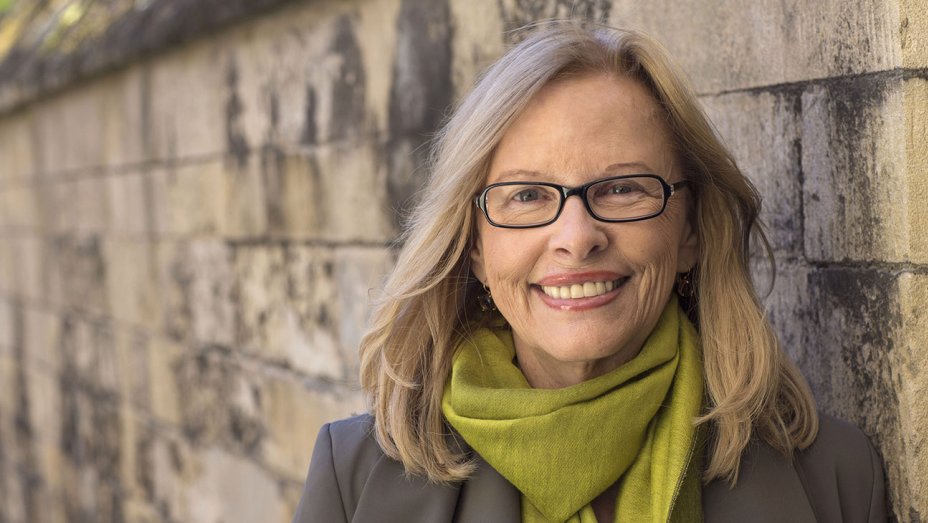 David Levenson
David Levenson
Anita Shreve, March 29
Bestselling novelist Anita Shreve, author of The Weight of Water and Oprah Book Club pick The Pilot’s Wife, among many others (19 in total), died in March at the age of 71. She wrote masterfully about women. “In The Weight of Water there’s a line,” she said in an interview last year with WBUR radio, according to The New York Times, “and it says, ‘If you push a woman to the edge, how will she behave?’ And that, to me, is a fascinating question.”
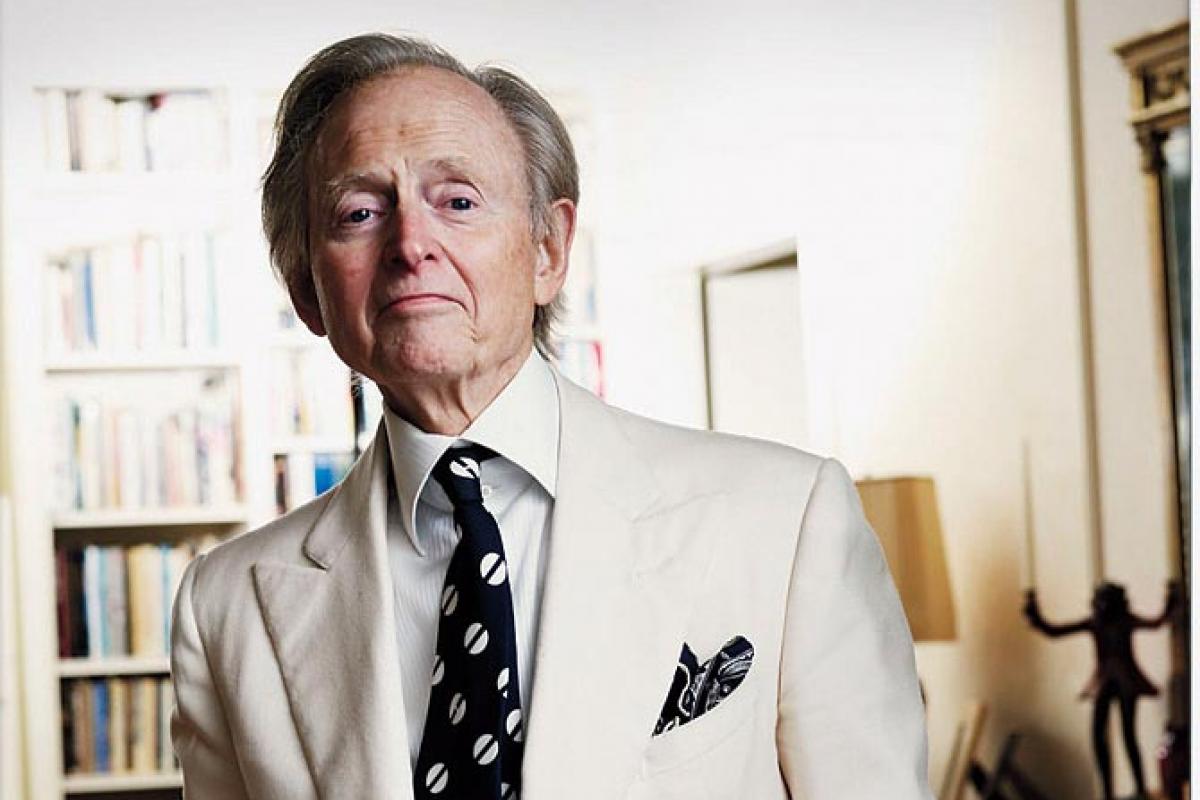 Tom Wolfe, May 14
Tom Wolfe, May 14
Wolfe, one of the founders and figureheads of New Journalism, major American novelist, majorly extravagant personality, wearer of those trademark white suits, and author of the most ’80s book of all time, died in May at the age of 88. The writer’s New York Times obituary quotes his Esquire editor in 1998, who said: “There is this about Tom. He has this unique gift of language that sets him apart as Tom Wolfe. It is full of hyperbole; it is brilliant; it is funny, and he has a wonderful ear for how people look and feel. He has a gift of fluency that pours out of him the way Balzac had it.” I first read that last sentence as “He has a gift of lunacy. . .” which seems just as appropriate. Read a 2004 interview Wolfe did with John Freeman on the writer’s Hippocratic oath here.
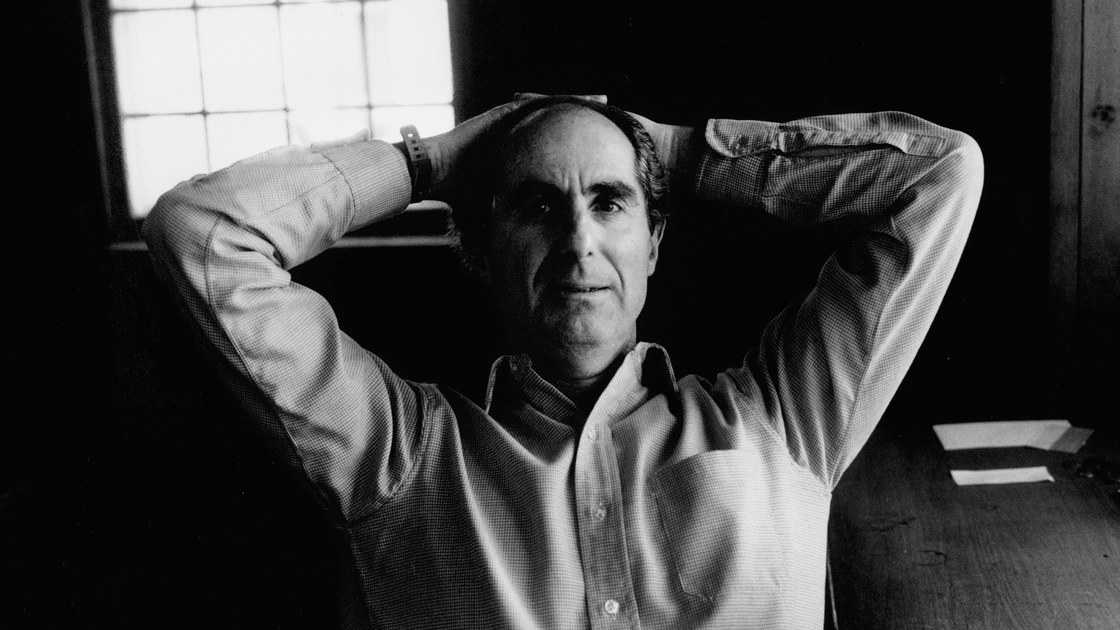 Elliott Erwitt
Elliott Erwitt
Philip Roth, May 22
Philip Roth, arguably the most famous living novelist in the country, died this year, on May 22, at the age of 85. His obituary in the New York Times described him as “the last of the great white males: the triumvirate of writers—Saul Bellow and John Updike were the others—who towered over American letters in the second half of the 20th century.” His death came only a few months after the publication of Lisa Halliday’s debut novel, Asymmetry, in which a young woman has an affair with a much older writer modeled on Roth (whom Halliday herself once dated).
The winner of two National Book Awards, two National Book Critics Circle awards, three PEN/Faulkner Awards, a Pulitzer Prize and the Man Booker International Prize, Roth was beloved and memorialized by many, including, memorably, David Remnick in The New Yorker, but many also acknowledged the misogyny in his work and legacy in the wake of his death. Whether you loved his work or hated it, there’s no denying that Roth’s death leaves us less one major American literary icon. Read Roth himself on getting kicked out of Prague here.
 Bobby Fisher
Bobby Fisher
Anthony Bourdain, June 8
Though at the time of his death he was most famous as a celebrity chef and travel tv star, Bourdain first burst onto the main stage in 2000 with his best-selling memoir, Kitchen Confidential, which began as an unsolicited essay for The New Yorker. But even before that, he was a novelist—he published two food-centric wise-guy crime novels in the 90s, and plenty more fiction and nonfiction after his big break, including a third crime novel, a graphic novel and a book of short stories. Still, he will be remembered for the way he wrote—and thought—about food. “Do we really want to travel in hermetically sealed popemobiles through the rural provinces of France, Mexico and the Far East, eating only in Hard Rock Cafes and McDonalds?” he writes in Kitchen Confidential. “Or do we want to eat without fear, tearing into the local stew, the humble taqueria’s mystery meat, the sincerely offered gift of a lightly grilled fish head? I know what I want. I want it all. I want to try everything once.” Read a curated list of some of the best writing about Bourdain here.
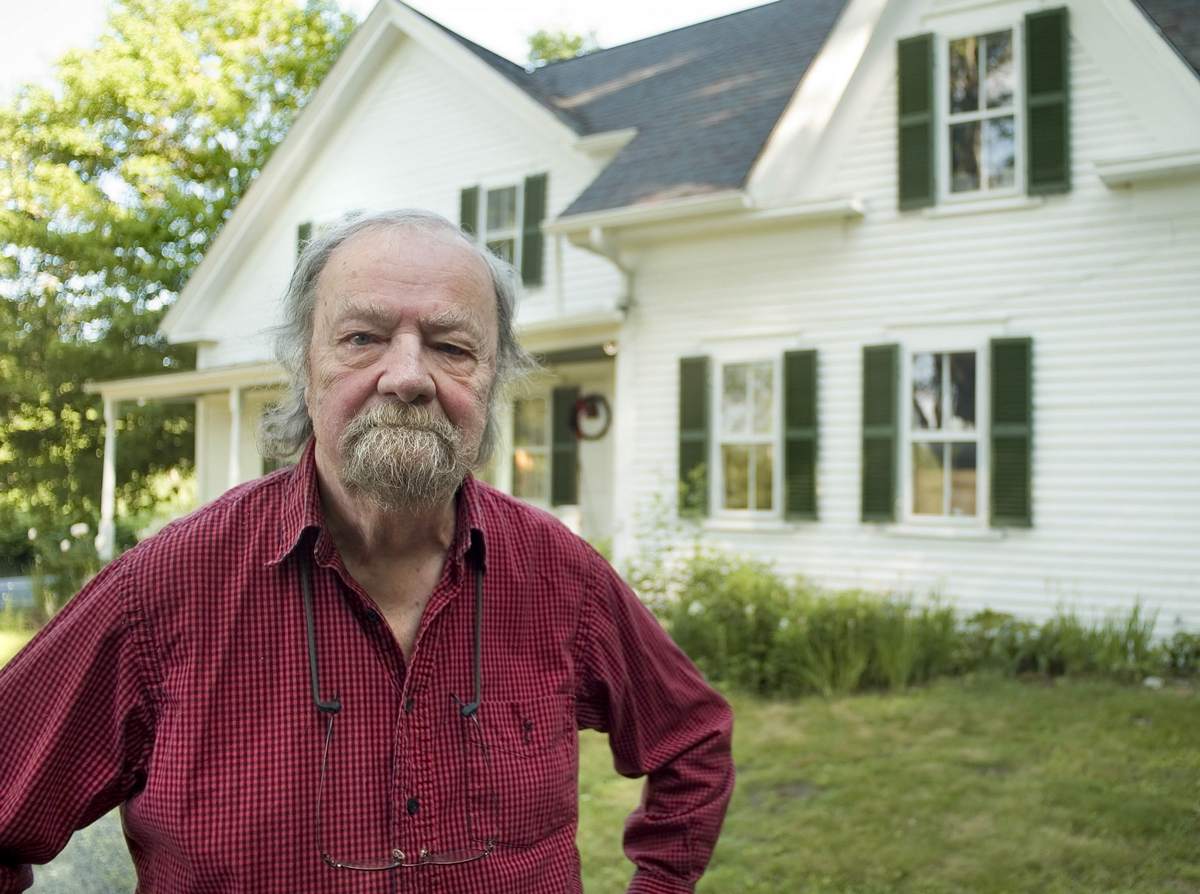 Bob LaPree
Bob LaPree
Donald Hall, June 23
Former Poet Laureate of the United States Donald Hall died on June 23 at the age of 89. He was a remarkably prolific writer—reportedly, he began at the age of 12, so he practiced his craft for almost eight decades—publishing 22 books of poetry as well as several memoirs, books for children, and works of nonfiction. His final book, A Carnival of Losses: Essays Nearing Ninety, was published on July 10th.
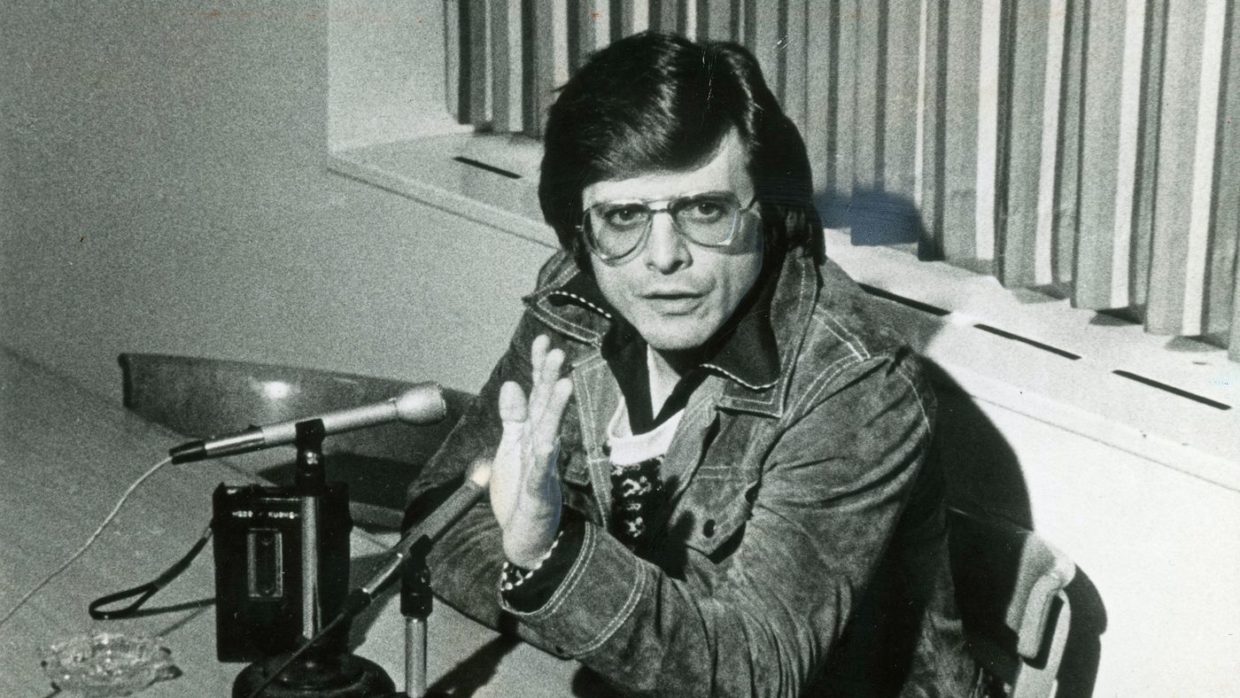 Times File Photo
Times File Photo
Harlan Ellison, June 27
Famous screenwriter, literary SF legend, and major personality Harlan Ellison died in June at the age of 84. According to his obituary in The New York Times, he thought of telling stories as a “holy chore” and was as diligent as one could be at it, producing “more than 1,700 short stories and articles, at least 100 books and dozens of screenplays and television scripts.” The author of A Boy and His Dog and “I Have No Mouth and I Must Scream,” the editor of the influential anthology Dangerous Visions, and the man behind the classic Star Trek episode “The City on the Edge of Forever,” Ellison was a force in the speculative fiction universe—though he wouldn’t like to be identified that way. “Call me a science fiction writer,” Ellison said on the Sci-Fi Channel in the 1990s, according to the Times. “I’ll come to your house and I’ll nail your pet’s head to a coffee table. I’ll hit you so hard your ancestors will die.”
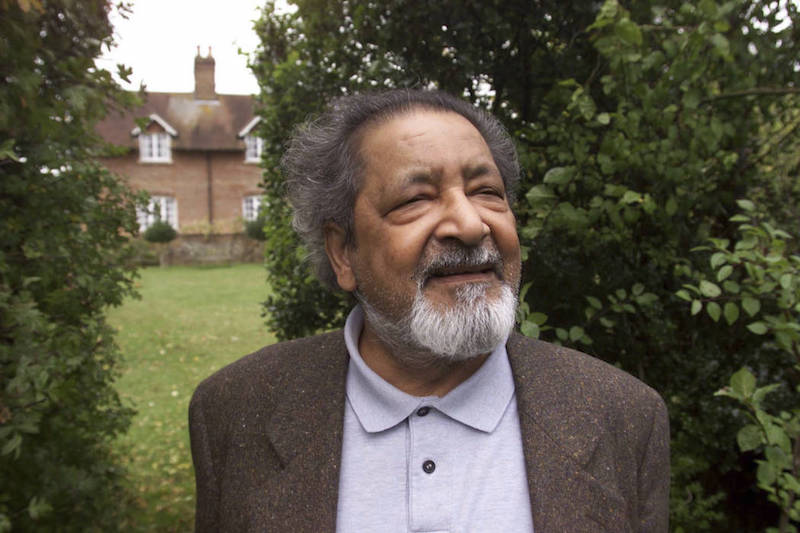 Chris Ison
Chris Ison
V. S. Naipaul, August 11
In August, at the age of 85, the Trinidadian-British writer V. S. Naipaul died. The Booker and Nobel Prize-winning author of A House for Mr. Biswas and A Free State was known for his caustic and witty interrogations of the legacy of colonialism and was praised by the Swedish Academy as “having united perceptive narrative and incorruptible scrutiny in works that compel us to see the presence of suppressed histories.” Unfortunately, Naipaul’s work was often overshadowed by the fact that he was not a very nice man, and his passing this year reminded us all of that fact. Among Naipaul’s many, many instances of shitty behavior (deep breath): he regularly wrote of the “primitivism” and “barbarism” of African societies; he physically and verbally abused his mistress of many years; he publicly humiliated his wife; he trashed his friends after they died; he said that women writers were doomed to inferiority by their “sentimental” attitudes and “narrow view of the world”; he called India a “slave society” and explained that Indian women wear a colored dot on their foreheads to say “my head is empty”; and he laughed off the 1989 fatwa against Salman Rushdie as “an extreme form of literary criticism.” A “complicated man” indeed.
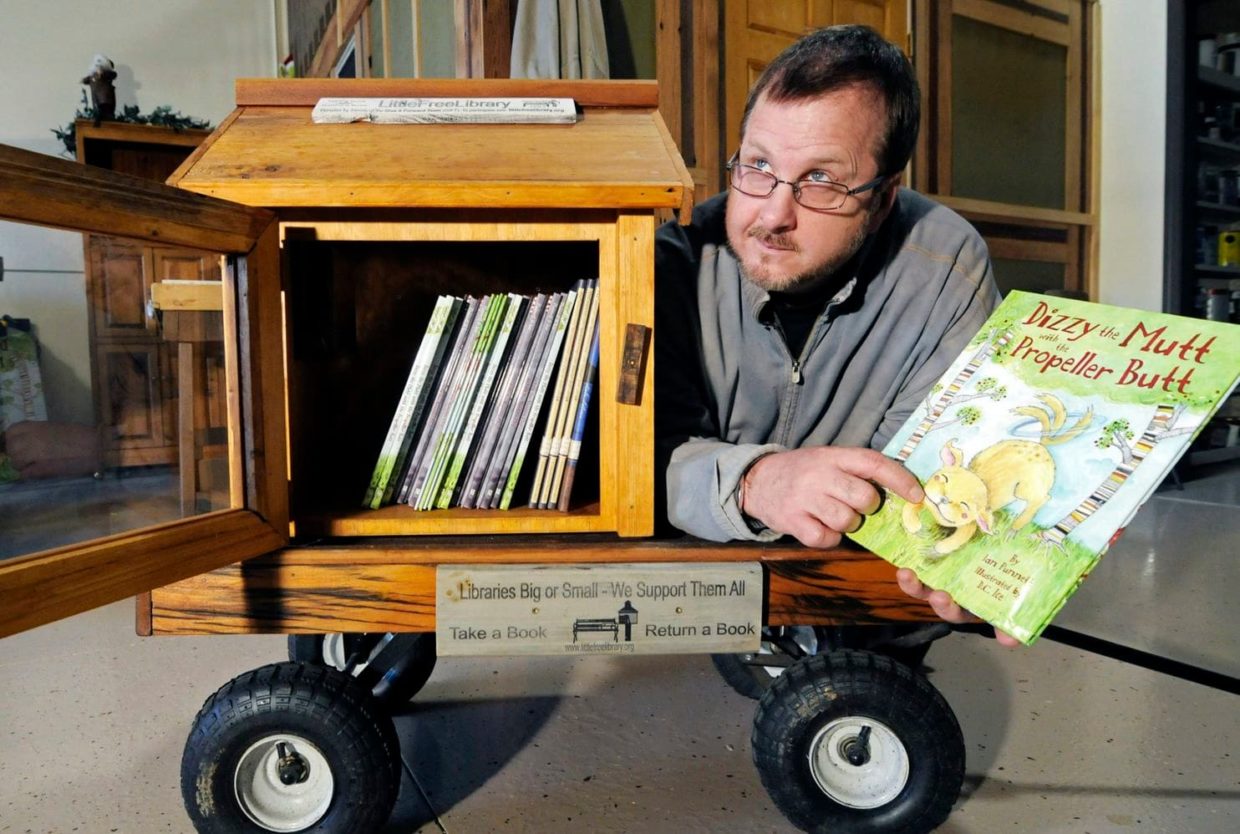 Jim Mone
Jim Mone
Todd Bol, October 18
You may not recognize his name, but I’d be willing to bet you’d recognize his work: Todd Bol, the creator of the Little Free Library movement, died in October at the age of 62. It began with a tribute to his mother, who had been a schoolteacher: just one miniature schoolhouse planted in his own front yard, filled with books that anyone could borrow. A year later, he founded a nonprofit organization, and since then, helped spread 75,000 Little Free Library boxes across the country. “If I may be so bold, I’m the most successful person I know,” Bol told the Minneapolis Star Tribune shortly before his death, “because I stimulate 54 million books to be read and neighbors to talk to each other. As far as I’m concerned, that’s the very definition of success.”
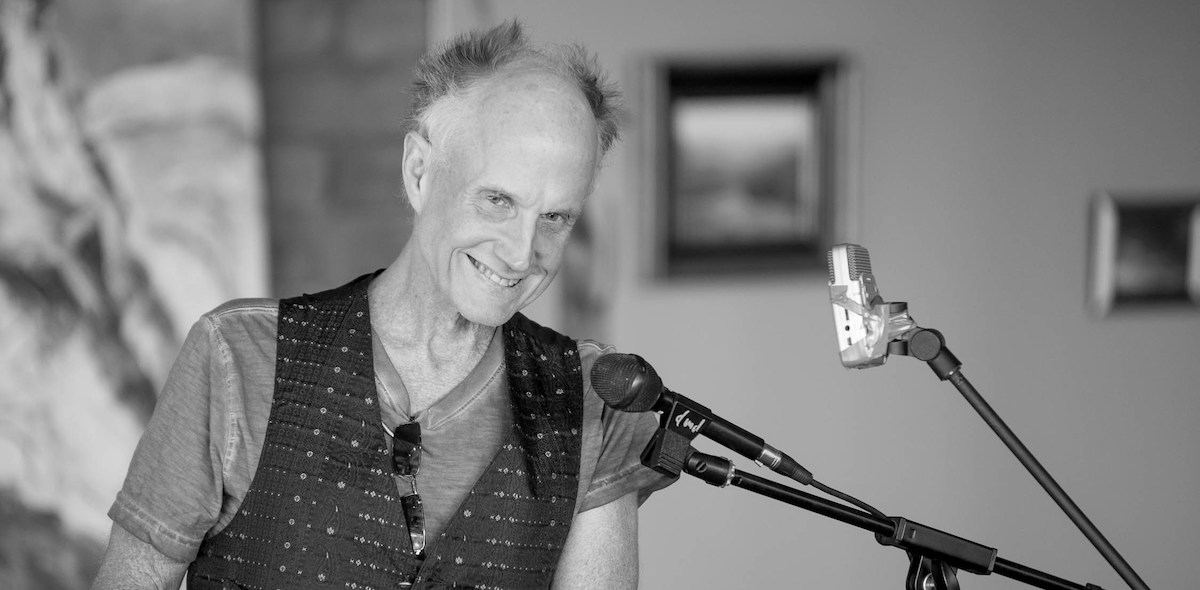 Tony Hoagland, October 23
Tony Hoagland, October 23
Celebrated poet Tony Hoagland died of pancreatic cancer in October at the age of 64. In a 2002 citation, the Academy of American Poets praised the poet, writing: “Tony Hoagland’s imagination ranges thrillingly across manners, morals, sexual doings, kinds of speech both lyrical and candid, intimate as well as wild.” He was also funny. “I’m proud to be a funny poet,” Hoagland told The Houston Chronicle in 2008. “Humor in poetry is even better than beauty. If you could have it all, you would, but humor is better than beauty because it doesn’t put people to sleep. It wakes them up and relaxes them at the same time.” Read Marie Howe’s remembrance of Hoagland here.
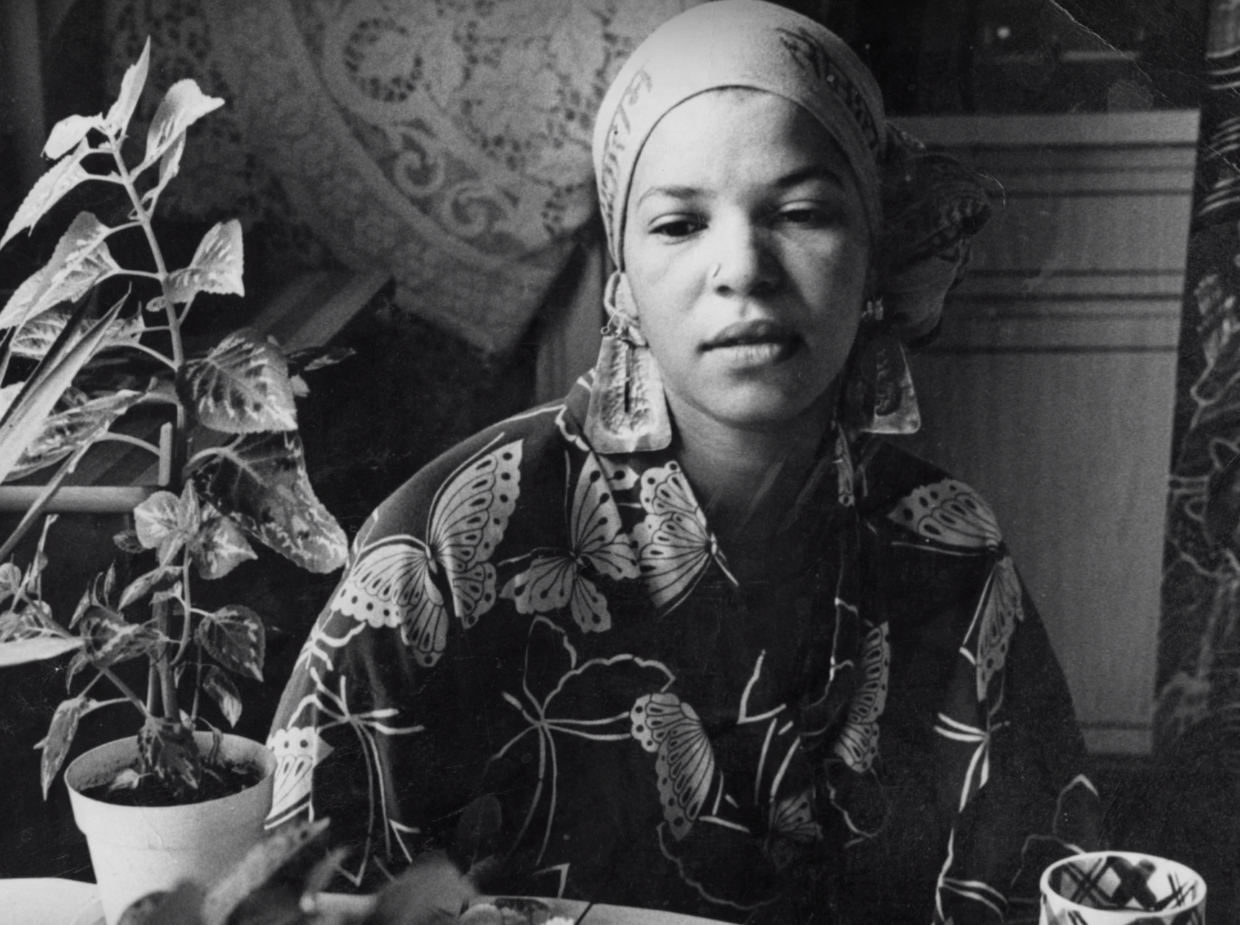 Ntozake Shange, October 27
Ntozake Shange, October 27
Originally a spoken-word artist, Ntozake Shange became a literary icon with her play For Colored Girls Who Have Considered Suicide/When the Rainbow is Enuf, which opened at New York’s Booth Theatre in 1976 when she was just 27 years old. She went on to write many more plays, works of poetry, and several novels and children’s books. “I write for young girls of color, for girls who don’t even exist yet, so that there is something there for them when they arrive,” she told Mother Jones in 1995. “I can only change how they live, not how they think. I want to say, “Here, look where you can live, look what you can think.” I concentrate on giving this to young people because they are the treasurers of black culture.” She died this year at the age of 70. Read Shange’s longtime editor, Michael Denneny on her literary brilliance here.
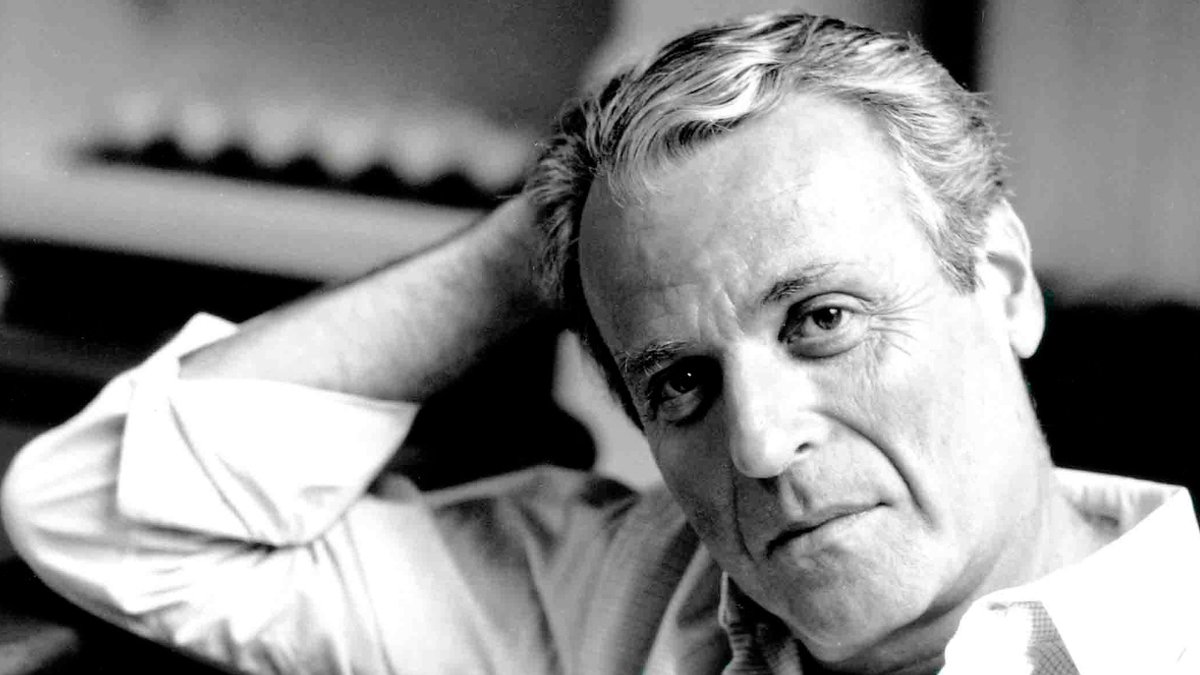 William Goldman, November 16
William Goldman, November 16
When William Goldman died this year at the age of 87, he was primarily remembered for his contributions to the film world—his Academy Award-winning screenplays for Butch Cassidy and the Sundance Kid and All the President’s Men, for instance—as well as his criticisms of it. But of course he was also the author of some sixteen novels, including The Princess Bride (he also wrote the screenplay for the film adaptation) and Marathon Man (ditto). “I have a theory that we gravitate toward affection,” Goldman told The New York Times in 1978. “I have a facility for screenwriting. It’s gone very well. I needed something else to write besides novels, which are physically hard and take time. Since nobody wanted my stories and people seemed to want my screenplays, I gravitated toward affection.” Fair enough, though the former part of that statement seems to be rather overstating the point. Soak in some of Goldman’s hard-earned writing wisdom here.
Emily Temple
Emily Temple is the managing editor at Lit Hub. Her first novel, The Lightness, was published by William Morrow/HarperCollins in June 2020. You can buy it here.



















